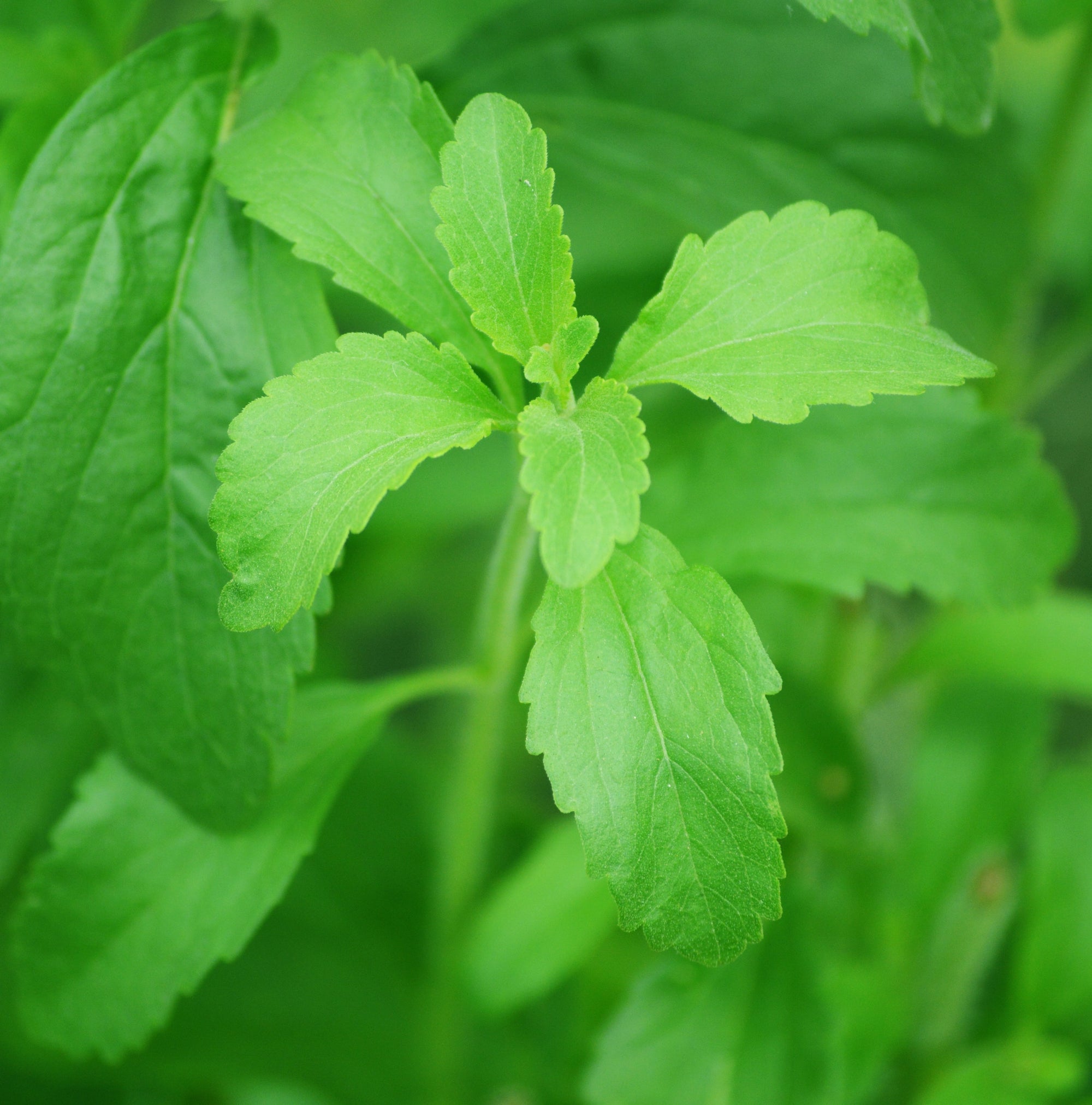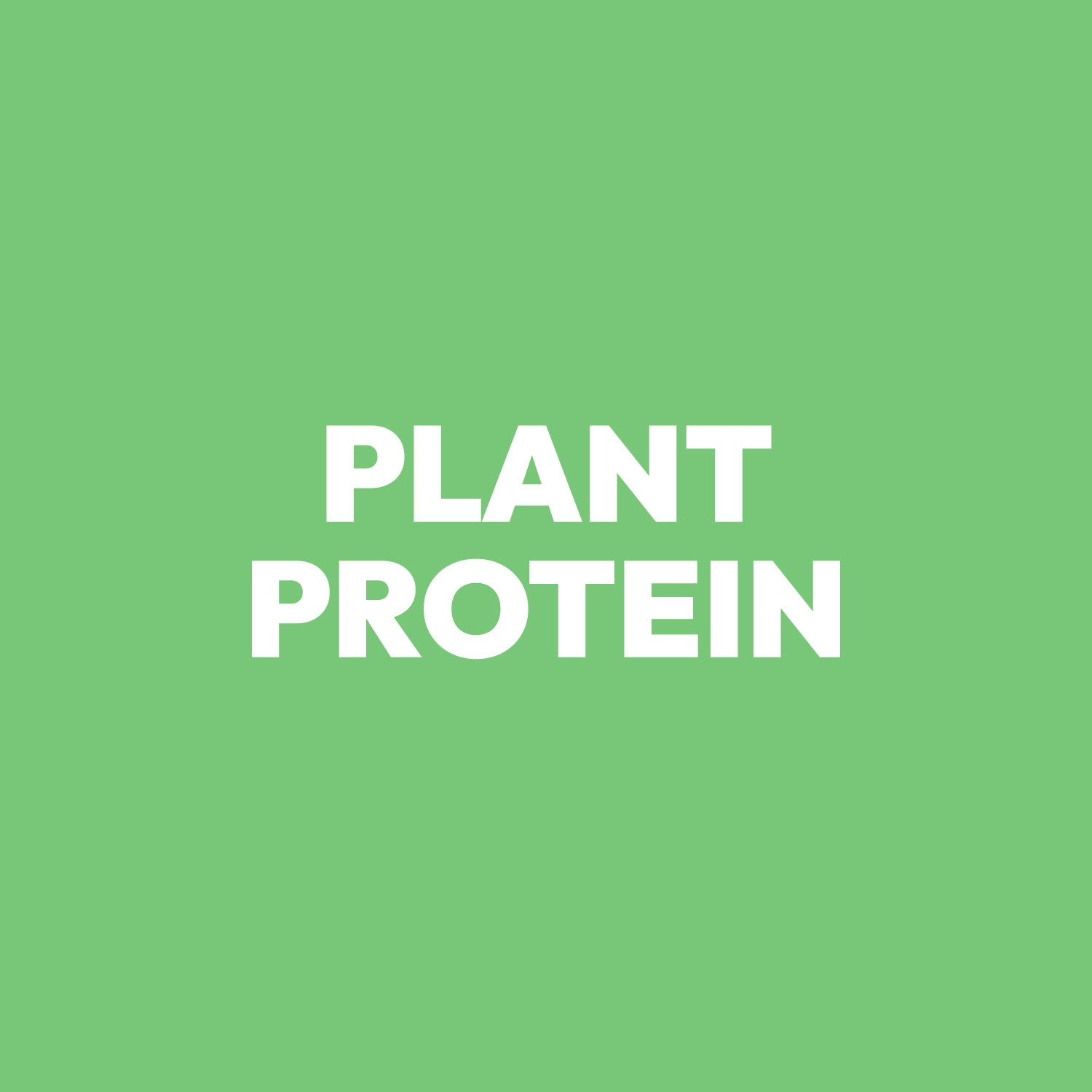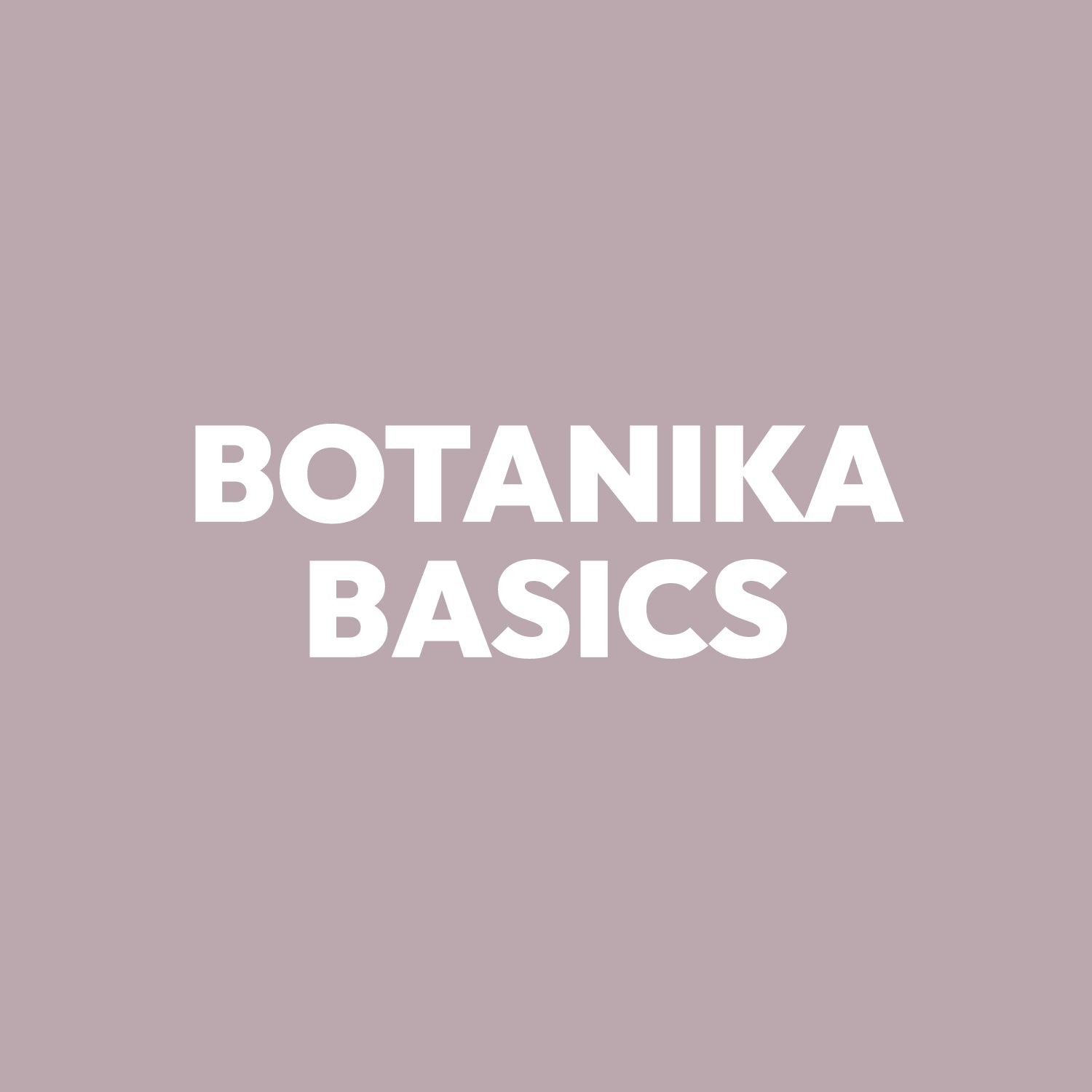

Is Stevia Bad for You? The Truth About This Natural Sweetener
With growing awareness about the dangers of refined sugar and the risks linked to artificial sweeteners like sucralose (Splenda) or aspartame, many health-conscious individuals are turning to natural sweeteners. Among these, stevia sweeteners have become one of the most popular choices.

But the question remains: is stevia bad for you, or is it a healthier option?
Let’s explore the research, potential health benefits, side effects, and why brands like Botanika Blends Plant Protein trust stevia extract to deliver sweetness without the downsides of sugar.
What Is Stevia?
The stevia plant (Stevia rebaudiana)
Stevia comes from the Stevia rebaudiana plant, a shrub native to South America. Traditionally, its sweet leaves were used to sweeten teas and foods.
Stevia leaves and stevia extract
Modern stevia products are made by extracting steviol glycosides from stevia leaves. These compounds are up to 200–400 times sweeter than table sugar, which means you need only a tiny amount for the same sweet taste.
Steviol glycosides: the compounds behind the sweetness
The European Food Safety Authority (EFSA) and the FDA both recognize steviol glycosides as safe for human consumption when consumed within the acceptable daily intake.
Stevia vs Table Sugar and Other Artificial Sweeteners
Sweeter than table sugar, with fewer calories
Unlike refined sugar, stevia sweeteners are low calorie and help reduce sugar intake—making them useful for those who want to lose weight or prevent weight gain.
Stevia sweeteners vs sucralose, Splenda, and other artificial sweeteners
Unlike artificial sweeteners, stevia is considered a natural product, derived directly from the stevia plant. It doesn’t have the same synthetic profile as sucralose or aspartame, which are linked to more controversial studies.
Why stevia is considered a healthier option than refined sugar
Replacing sugar with stevia in morning coffee, cold drinks, or baking reduces tooth decay, supports blood sugar control, and lowers body weight over time.
Health Benefits of Stevia Sweeteners
-
Blood sugar control: Stevia does not raise blood sugar levels, making it safe for people with diabetes.
-
Weight management: Substituting sugar with stevia products helps reduce calories and may assist in weight loss.
-
Dental health: Unlike sugar, it does not contribute to tooth decay.
-
Antioxidant effect: Experimental studies suggest stevia may have an anticancer potential, acting as a natural product that inhibits proliferation of certain gastrointestinal cancer cells and human breast cancer cells.
Is Stevia Safe?
FDA-approved and EFSA evaluation
Both the FDA and the European Food Safety Authority have deemed stevia safe when consumed as pure stevia extract or steviol glycosides.
Acceptable daily intake (ADI)
The ADI is set at 4 mg/kg of body weight per day. That’s equivalent to consuming about 27 packets of stevia daily—well above what most people use.
Clinical trials, animal studies, and more research needed
Most clinical trials and systematic reviews support stevia’s safety, though more research is ongoing regarding its effects on gut bacteria and gut microbiota.
Possible Stevia Side Effects
Bitter aftertaste and gastrointestinal effects
Some people report a bitter aftertaste or mild adverse effects like bloating when using stevia, especially when mixed with sugar alcohols such as erythritol.
Gut bacteria and microbiota
Research on stevia’s impact on gut microbes is mixed. Some animal studies suggest it may alter gut microbiota, while recent clinical trials show no major harm in the short term.
Concerns from experimental studies
Certain experimental studies showed that stevia extracts could interact with human breast cancer cells and gastrointestinal cancer cells. However, these were intensive lab studies, and evidence in humans remains limited.
Stevia Products: What to Look For
-
Pure stevia extract: Choose products with 95% or more steviol glycosides.
-
Whole stevia leaves: Not FDA approved for consumption, as their effects are less studied.
-
Blended sweeteners: Some stevia products mix with other sweeteners like erythritol—check labels if you want purest form stevia.
Botanika Blends Plant Protein: Powered by Stevia

At Botanika Blends, we use stevia extract to sweeten all of our plant protein powders. Why?
-
A natural sweetener: Derived from the stevia plant, not a lab chemical.
-
Fewer calories: Supports muscle growth without extra sugar.
-
Perfect for shakes: Ideal for your morning coffee, smoothies, or post-workout cold drinks.
-
Better than refined sugar: Helps reduce sugar intake while maintaining great flavour.
This makes Botanika Blends Plant Protein a clean, healthy, and effective choice for athletes and anyone wanting to support their overall health.
👉 Discover our protein powder with stevia
Conclusion: Is Stevia Bad for You or a Better Choice?
So, is stevia bad for you? The evidence says no—stevia is safe, effective, and even offers health benefits compared to refined sugar or other artificial sweeteners.
As with all things, moderation is key. When consumed within the acceptable daily intake, stevia sweeteners are a smart way to reduce sugar intake, support weight management, and improve overall health.
👉 That’s why Botanika Blends Plant Protein relies on stevia extract: a clean, natural, and safe sweetener that lets you enjoy flavour without compromising health.
Share:
FAQs About Stevia
More blogs
-

Best Natural Sleep Drinks Australia 2026
Sleep drinks are revolutionising how Australians approach better rest. Unlike tablets or teas, they deliver concentrated doses of sleep-supporting ingredients in a warm, enjoyable format that fits seamlessly into your evening routine. Magik Mylk Sleepy Hot Chocolate leads the market with...
-

Natural Sleep Ingredients Explained
Looking for better sleep without synthetic chemicals? Plant-based sleep supplements combine time-tested botanicals with modern science. Magnesium relaxes your muscles, L-glycine lowers body temperature for deeper sleep, L-tryptophan supports serotonin production, passionflower eases anxiety, and chamomile promotes calm, all working together naturally. This guide breaks down the top ingredients backed...
-

Chocolate Rice Protein Pudding
Leftover rice… but make it dessert 🍫This Chocolate Rice Protein Pudding is rich, silky, and quietly genius. Zero waste energy, chocolatey comfort vibes, and a sneaky protein boost... aka dessert that does more. Method 1. Melt your chocGently melt the dark...
















